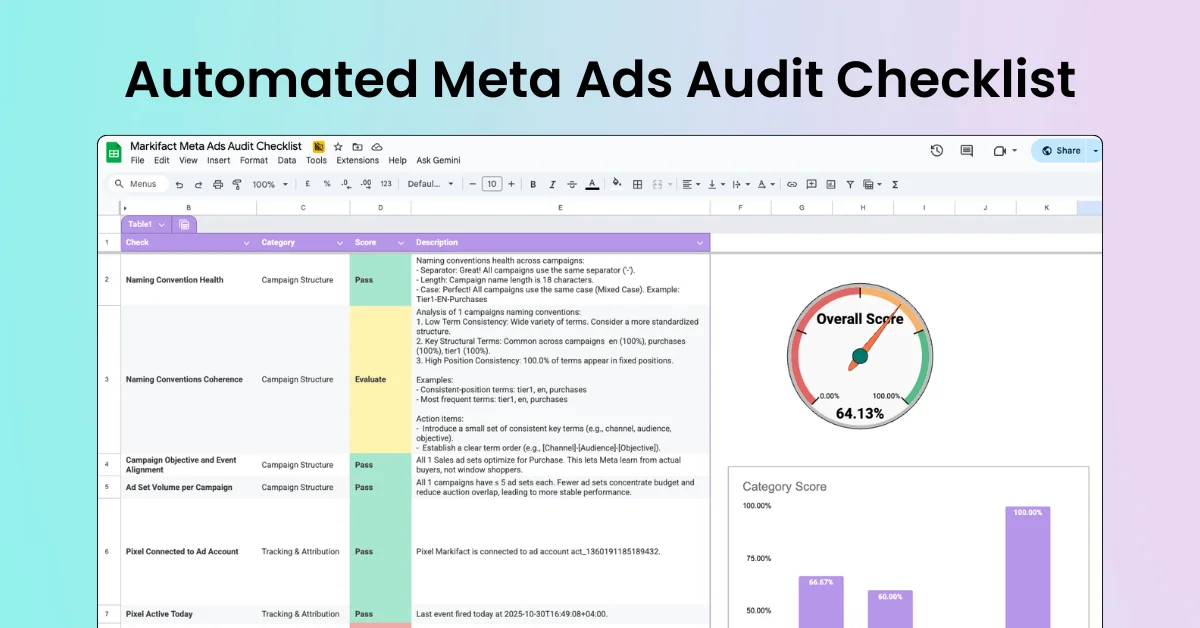Meta has announced a significant overhaul of its content moderation policies, acknowledging that its previous approach to limiting political content was overly simplistic. The company plans to reintroduce political content on Facebook, Instagram, and Threads, allowing users who desire it to see more in their feeds. Since 2021, Meta had reduced political content based on user feedback, but this led to backlash, especially after the decision to stop recommending political content during a critical election year.
Key Changes
Ending Third Party Fact-Checking Program: Meta will transition from its independent fact-checking program to a Community Notes model, where users contribute and rate notes on potentially misleading posts. This aims to reduce bias and promote a more balanced perspective.
Allowing More Speech: Meta intends to lift restrictions on mainstream political topics and focus enforcement on illegal and severe violations. The company plans to reduce over-enforcement, which has led to the censorship of legitimate political discourse.
Personalized Political Content: The company will adopt a more tailored approach to political content, treating it similarly to other content in users' feeds. This includes using explicit and implicit signals to recommend political posts based on user preferences.
Rationale Behind Changes
Mark Zuckerberg emphasized the importance of free expression, stating that inhibiting speech can reinforce existing power structures. Meta's previous content management systems became overly complex, leading to mistakes and frustrations among users. The company aims to return to its foundational commitment to free expression by adjusting its policies and enforcement mechanisms.
The Community Notes program will be phased in starting in the U.S. over the next few months. Meta plans to improve transparency regarding its enforcement actions and mistakes, while also enhancing the appeal process for users affected by content moderation decisions. These changes reflect Meta's commitment to adapt its approach in response to user feedback and societal needs.













